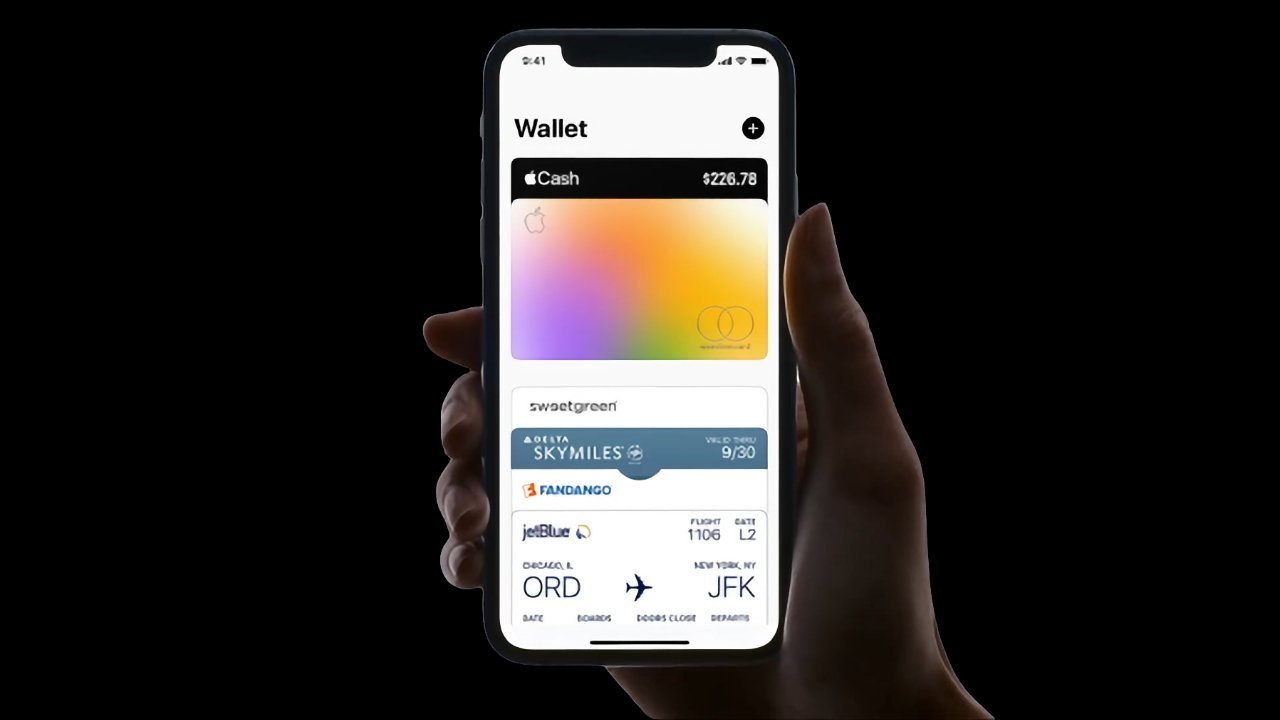Apple Wallet patent infringement suit heads to settlement conference
Apple and Texas firm Fintiv are preparing to hash out a potential settlement on June 8, to try and end a patent infringement lawsuit involving Apple Pay and Apple Wallet.

Apple Wallet on an iPhone
The U.S. District Court for the Western District of Texas has ordered for Fintiv and Apple to meet for a settlement conference on June 8. The conference is meant as the last formal step before the two sides head to a full trial, with the intention of arranging a settlement before reaching that point.
The court-ordered settlement conference, reported by Fox Business, is the latest event in a lengthy lawsuit that stems back to December 2018. At that time, Fintiv launched the lawsuit against Apple, taking aim at Apple Wallet and Apple Pay.
Fintiv was previously founded in 2010 under the name Mozido, Inc, as a fintech firm with a mobile cloud commerce platform. It holds a number of patents relating to those technologies.
The patent in question was acquired by the company and deals with the "management of virtual cards stored on mobile devices. This includes the "provisioning of a contactless card in a mobile device with a mobile wallet application," with Apple said to be infringing on claims with its products and services.
The lawsuit did previously reach a trial stage in 2022, but the judge decided to delay proceedings and opened the discovery process back up.
Read on AppleInsider

Apple Wallet on an iPhone
The U.S. District Court for the Western District of Texas has ordered for Fintiv and Apple to meet for a settlement conference on June 8. The conference is meant as the last formal step before the two sides head to a full trial, with the intention of arranging a settlement before reaching that point.
The court-ordered settlement conference, reported by Fox Business, is the latest event in a lengthy lawsuit that stems back to December 2018. At that time, Fintiv launched the lawsuit against Apple, taking aim at Apple Wallet and Apple Pay.
Fintiv was previously founded in 2010 under the name Mozido, Inc, as a fintech firm with a mobile cloud commerce platform. It holds a number of patents relating to those technologies.
The patent in question was acquired by the company and deals with the "management of virtual cards stored on mobile devices. This includes the "provisioning of a contactless card in a mobile device with a mobile wallet application," with Apple said to be infringing on claims with its products and services.
The lawsuit did previously reach a trial stage in 2022, but the judge decided to delay proceedings and opened the discovery process back up.
Read on AppleInsider

Comments
AppleInsider isn't saying that. Their website certainly indicates an operating business. https://fintivtech.com/
https://www.forbes.com/sites/nathanvardi/2019/03/25/once-hot-startup-at-center-of-investment-fraud-allegations-moves-to-enforce-it-patents/?sh=4a8cca3d796c
If I own twenty houses, and you’re camping in one of them, I can go after you even if I was not using the house or any of my houses. This is not complicated. It’s not yours, it’s mine.
Now the corrupted Texas judicial system and jury awards, on the other hand, are indeed something to be upset about.